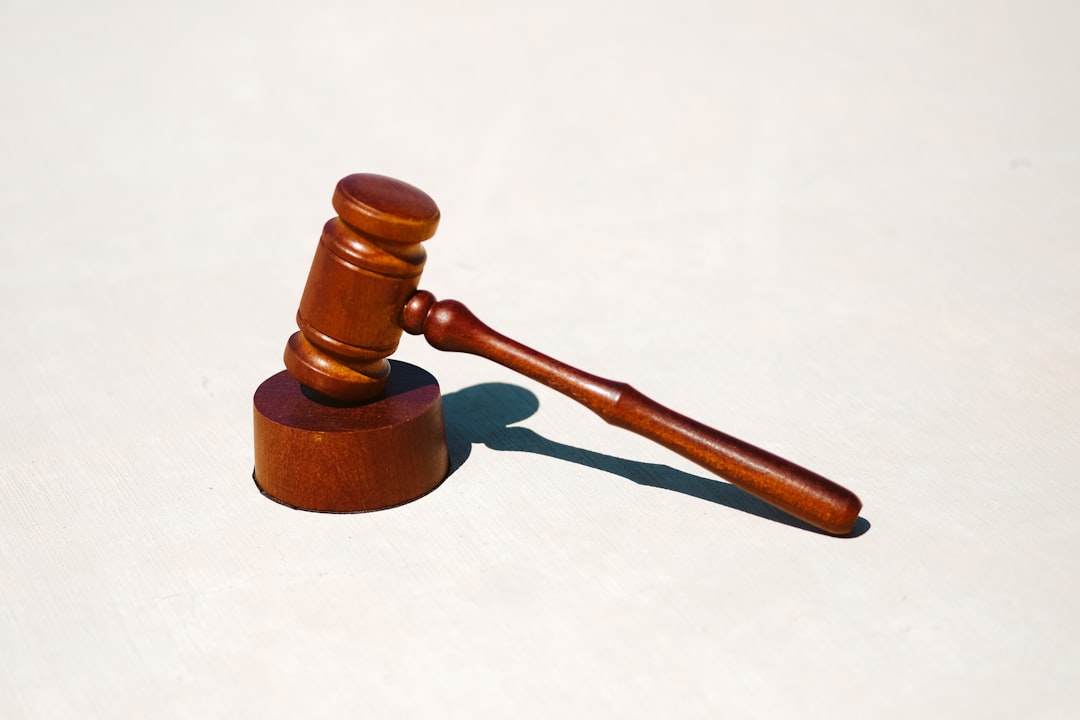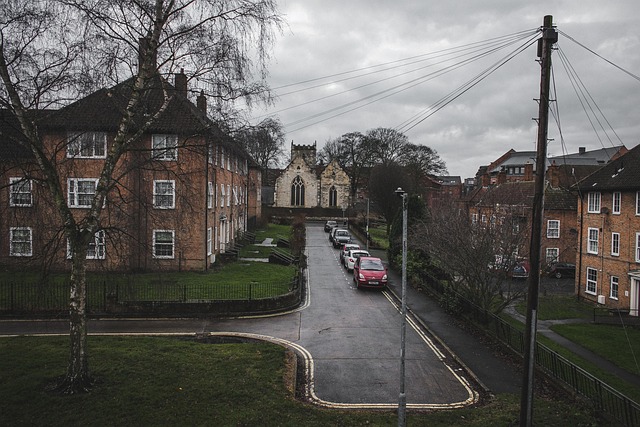School sexual abuse survivors often experience dissociation, a coping mechanism for trauma. Recognizing dissociation is crucial for school abuse attorneys in New York to provide specialized legal support. Common symptoms include withdrawal, aggression, headaches, sleep disturbances, anxiety, flashbacks, and self-harm. New York laws like the Child Victims Act (CVA) offer compensation; attorneys interpret these laws and advocate for survivors' rights. Dedicated professionals empower survivors through legal guidance and therapy, helping them navigate justice and healing processes.
In the Bronx, as across the nation, the impact of sexual abuse within schools remains a critical issue. Understanding dissociation—a common psychological response to traumatic events—is crucial for supporting survivors and securing justice. This article explores the prevalence of dissociation in school sexual abuse cases, its legal implications for New York’s school abuse attorneys, and provides strategies for healing. By delving into these aspects, we aim to illuminate paths towards support and accountability for survivors.
The Prevalence of Dissociation in School Sexual Abuse Cases

In cases of school sexual abuse, dissociation—a psychological response characterized by detachment from emotions, thoughts, and surroundings—is alarmingly prevalent among survivors. Studies suggest that up to 80% of individuals who experience trauma may exhibit dissociative symptoms, with school-aged children and adolescents particularly vulnerable. When faced with the pervasive and often long-term effects of sexual abuse within educational settings, many young victims develop mechanisms to cope, one of which is dissociation. This complex response can manifest in various ways, from temporary feelings of detachment to more severe forms that significantly impact an individual’s ability to function.
Given the sensitive nature of these cases and the unique challenges faced by survivors, it’s crucial for school abuse attorneys in New York to understand dissociation. Recognizing dissociative symptoms is essential for providing adequate legal support and helping survivors navigate their experiences. Effective representation involves not only addressing the immediate legal aspects but also considering the profound psychological impact of such trauma, ensuring that survivors receive the comprehensive care they require.
Defining Dissociation: A Psychological Perspective

Dissociation is a complex psychological phenomenon that often emerges as a coping mechanism in individuals who have experienced traumatic events, such as sexual abuse in a school setting. From a psychological standpoint, dissociation refers to a disconnect between thoughts, memories, emotions, and senses, or between one’s sense of self and external reality. It can range from brief lapses in awareness to more prolonged states where an individual feels detached from their surroundings, thoughts, or feelings. In the context of school sexual abuse, survivors may exhibit dissociation as a way to protect themselves from overwhelming emotional distress associated with the traumatic memories.
Understanding dissociation is crucial for school abuse attorneys in New York who represent survivors. Recognizing the signs and symptoms can aid in providing tailored legal support and advocacy, ensuring that the unique needs of these individuals are addressed effectively. This understanding is essential to help survivors navigate their legal rights and emotional healing processes, offering them a chance at justice and closure.
Identifying Symptoms and Behaviors in Survivors

Recognizing symptoms is a critical step in helping survivors of Bronx school sexual abuse find the support they need. Common signs can include unexpected changes in behavior, such as withdrawal from social activities or sudden aggression. Survivors may also exhibit physical manifestations like chronic headaches, stomach pains, or sleep disturbances. Emotional indicators can range from intense anxiety and depression to flashbacks and nightmares related to the traumatic events.
School abuse attorneys in New York emphasize that survivors often develop coping mechanisms to disassociate from the pain. This might manifest as a persistent sense of detachment, difficulty concentrating, or even self-harm. By understanding these signs, educators, counselors, and concerned individuals can create safe spaces and guide survivors towards professional help, including legal support for those who have been wronged.
Legal Implications for School Abuse Attorneys in New York

In New York, cases involving sexual abuse within educational institutions carry significant legal implications for both survivors and school abuse attorneys. The state has stringent laws in place to protect minors and ensure justice for victims, particularly when the abuser is an authority figure like a teacher or coach. School abuse attorneys specializing in New York play a pivotal role in navigating these complex cases, utilizing legislation such as the Child Victims Act (CVA) and the Sexual Offense Law to secure compensation and support for survivors.
These legal frameworks enable victims to pursue civil lawsuits against schools and responsible parties, holding them accountable for their negligence or intentional actions. School abuse attorneys must be adept at interpreting these laws, gathering evidence, and advocating for their clients’ rights. They work closely with survivors, helping them understand their options and guiding them through the often challenging process of seeking justice and healing.
Supporting Survivors and Navigating Justice: Strategies for Healing

Supporting survivors and navigating justice are pivotal steps in the healing process for those who have endured sexual abuse in a Bronx school setting. When a survivor decides to speak up, they often face complex challenges, including emotional trauma, fear of retaliation, and uncertainty about legal options. It’s here that dedicated advocates, therapists, and school abuse attorneys in New York play a crucial role. These professionals can provide the necessary tools and resources for survivors to share their stories and pursue justice.
School abuse attorneys specialize in navigating the legal complexities surrounding these cases, ensuring survivors’ rights are protected. They offer guidance on pressing charges, understanding institutional liability, and gathering evidence. Parallelly, therapists facilitate emotional healing through individual or group therapy sessions, helping survivors process trauma and develop coping mechanisms. By combining legal advocacy and therapeutic support, a comprehensive strategy for healing and justice can emerge, empowering survivors to reclaim their lives and hold perpetrators accountable.






